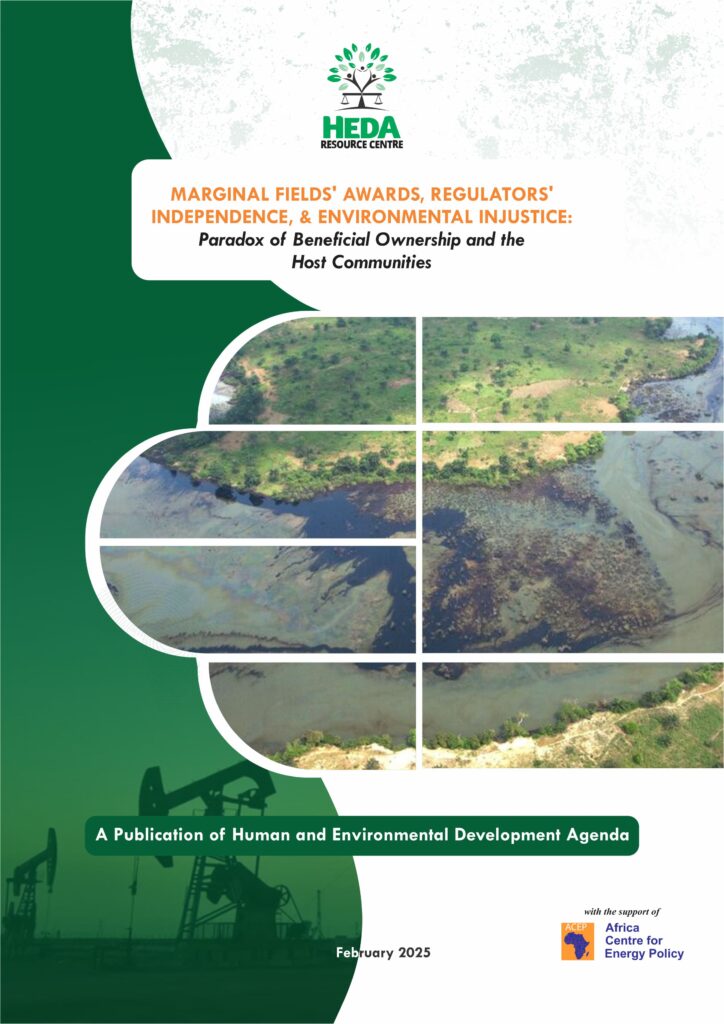In a bid to bolster the democratic ethos in Nigeria, citizens have been urged to actively participate in the democratic process and stay well-informed about ongoing developments. This clarion call was made by Dapo Olorunyomi, a veteran journalist and Publisher of Premium Times, during the “Chatting with HEDA” March edition, a monthly series hosted on X space by the Human and Environmental Development Agenda (HEDA) Resource Centre.
During the session themed “Actualizing Promise of Democracy: Between Active Citizens and A Bold Media,” Olorunyomi emphasized the pivotal role of citizen engagement in a democracy, underscored the importance of citizens being adequately informed about developmental agendas to ensure the realization of democracy’s dividends, particularly in terms of societal progress.
“Citizens participation is the most important role to play in a democracy. In playing that role, they have to be fully informed about development, be cleared about the agenda that will move that dividend of democracy which we generally see in sense of development. They must be able to help, collate those things and present to public officials, sometimes quietly, sometimes loudly, this is the character of democracy,” Olorunyomi asserted.
Furthermore, he emphasized the responsibility of citizens to hold themselves accountable in the pursuit of good governance, emphasizing the importance of fulfilling civic duties such as tax compliance and participation in electoral processes.
Expounding on the role of the media in democracy, Olorunyomi delineated three key functions. Firstly, he highlighted the watchdog role of the media in holding power accountable across political, economic, and cultural spheres.
Secondly, he underscored the media’s responsibility in agenda setting, ensuring that pertinent issues are brought to the forefront of public discourse. Lastly, he emphasized the media’s role as a platform for authentic debate and consensus-building within society.
Addressing the collaboration between media and anti-corruption agencies, Olorunyomi stressed the crucial role of journalism in exposing corruption and advocating for mechanisms to combat it. He emphasized the need to mobilize citizens towards a corruption-free society, thereby strengthening democracy and fostering development.
“One institution every democracy expect to hold that structure to account for its own roles and responsibilities and to ensure that democracy work for the citizens and the community is the media,” He maintained.
Expressing concern over media freedom in Nigeria, Olorunyomi lamented the restrictive media laws compared to other African nations. He cited Ghana, Namibia, and South Africa as examples of countries with robust constitutional provisions safeguarding press freedom.
“In Nigeria, there are probably about two dozens laws that make it impossible for the media to function very well. Between Ghanaian and Nigerian journalism for instance, the force and authority of our section 52 of the constitution is weaker than the 162 subsection 5 of the Ghanaian constitution, which give them effective freedom. Indeed, it is only Ghana, Namibia and South Africa have full freedom enshrined in their constitutions.”
In response, HEDA’s Chairman, Olanrewaju Suraju, commended Olorunyomi’s initiatives such as Premium Times and Centre for Journalism Innovation and Development (CJID) for their significant contributions to promoting good governance and accountability in Nigeria.
The anti-corruption and good governance advocate further urged the media guru, Olorunyomi, to continue providing leadership in these endeavors to pave the way for future generations.



